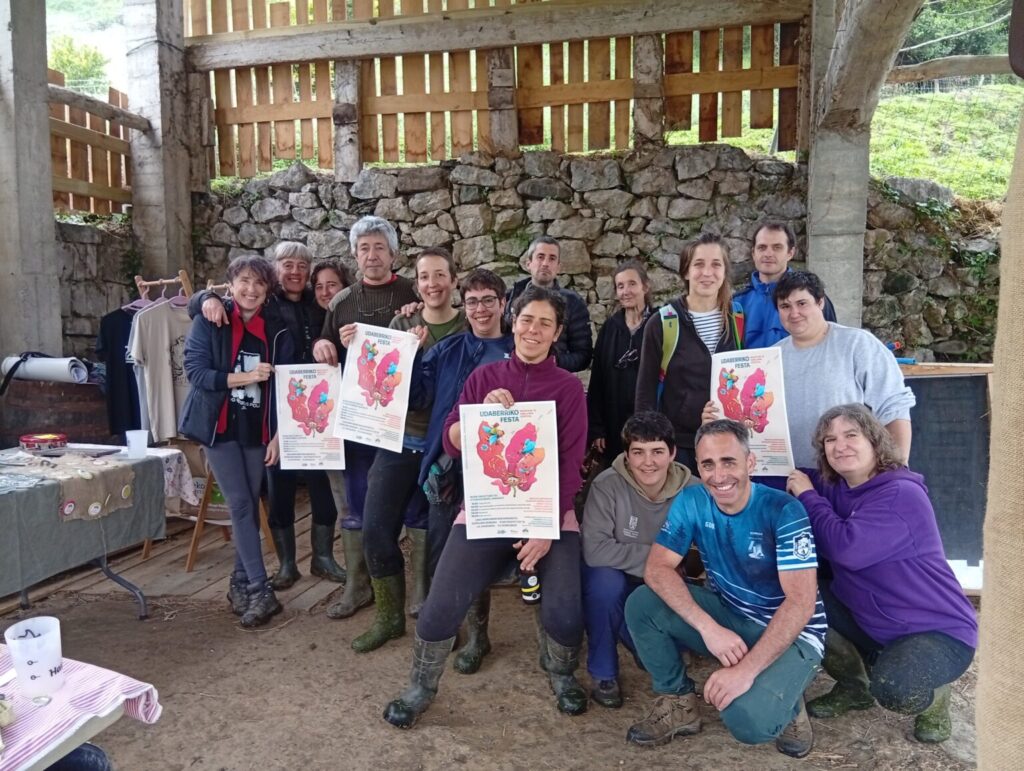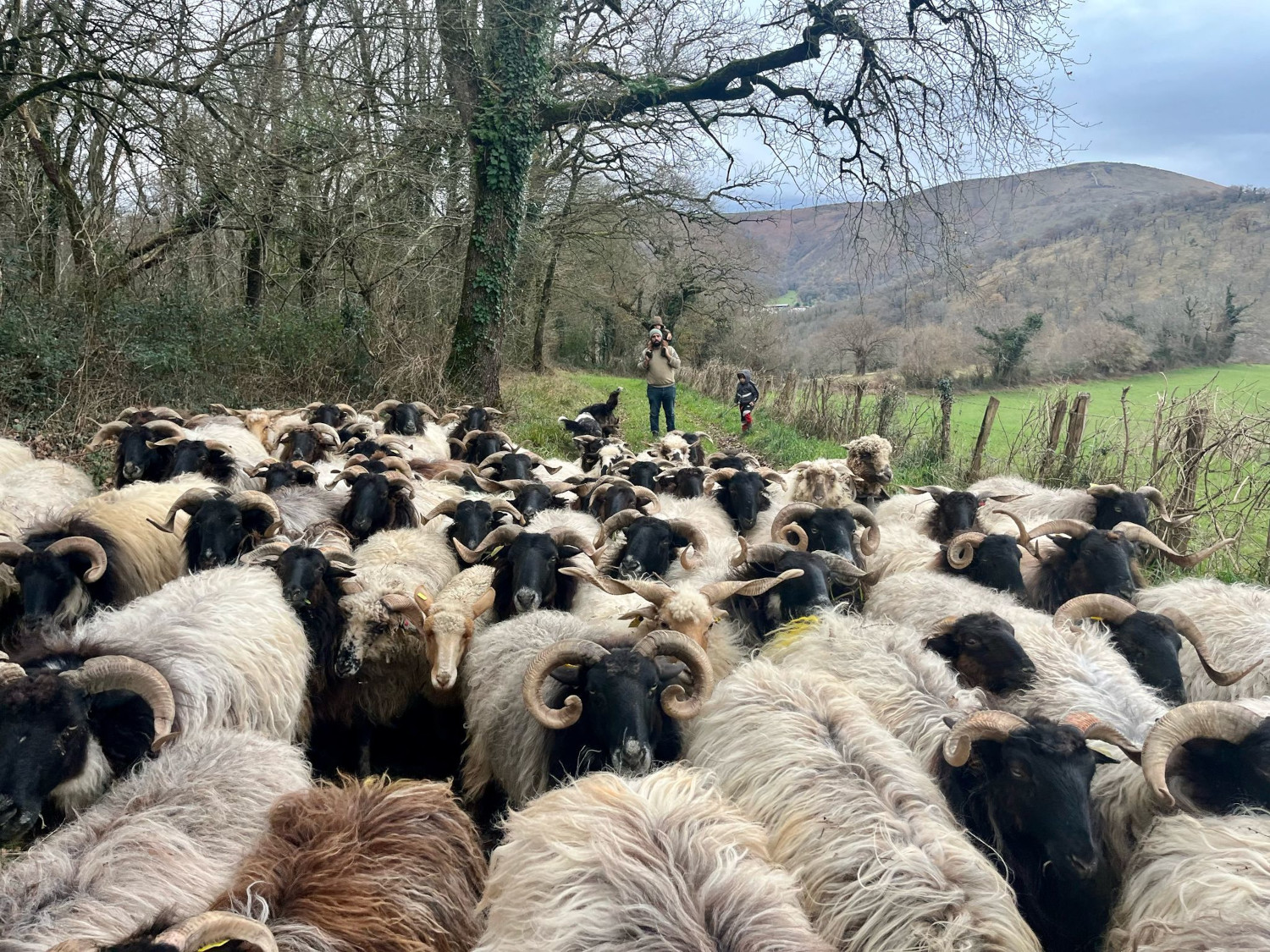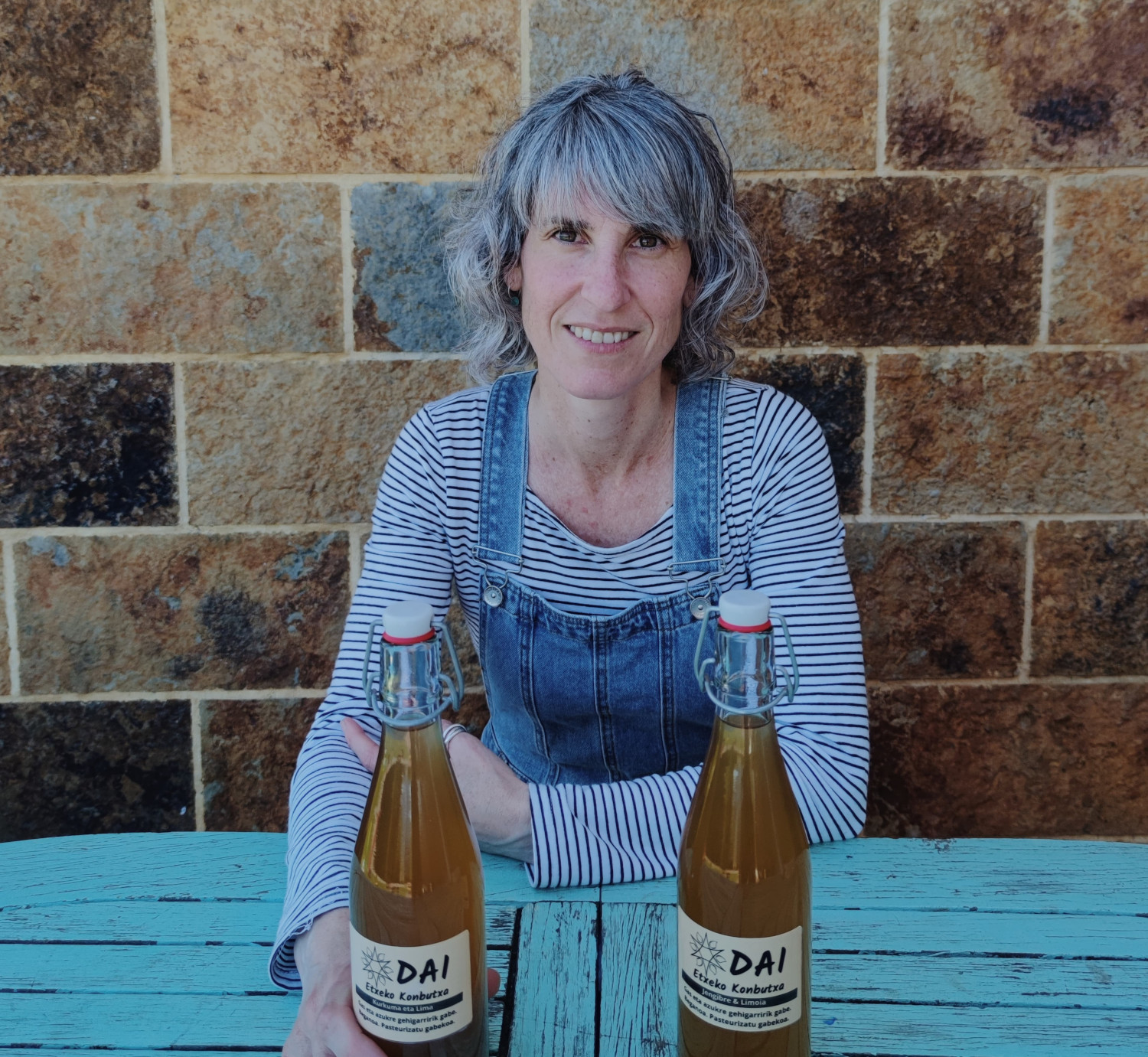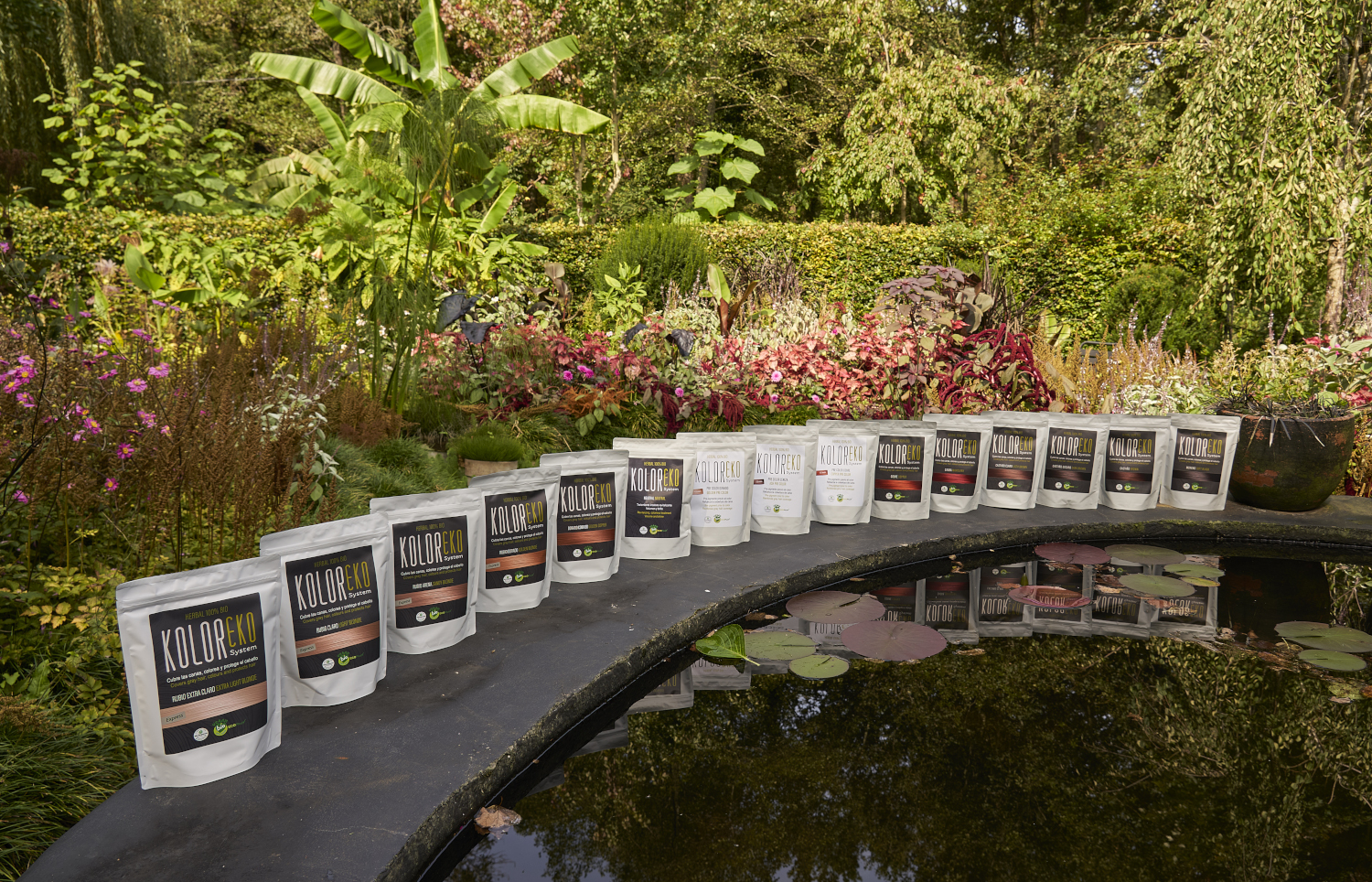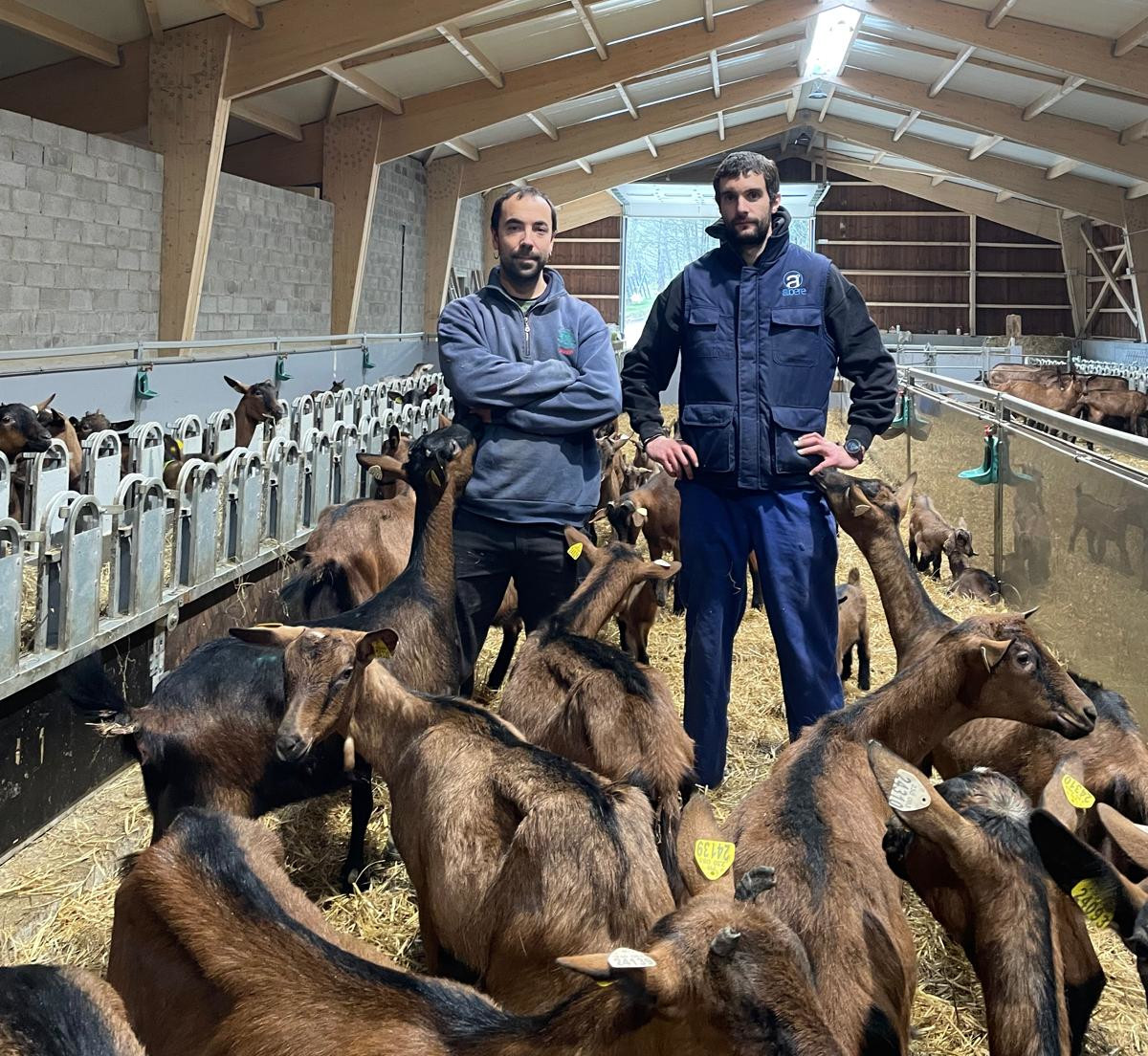“Since the administration does not do it, we have promoted the slaughterhouse project”
- Since September 2024, the Belardi slaughterhouse and the meat processing area have been in operation in Orduña. The project is the result of a process that has been carried out for many years in the village around the return of food sovereignty, promoted by the Bedarbide Ranchers Association. “From the research carried out in the sector, we made a clear reflection: either we create tools to make the farms profitable and close the cycles, or we will disappear,” explains Mikel Kormenzana, member of Okeranza and promoter of the project. He emphasizes that what the public administration should encourage is being done from the association.
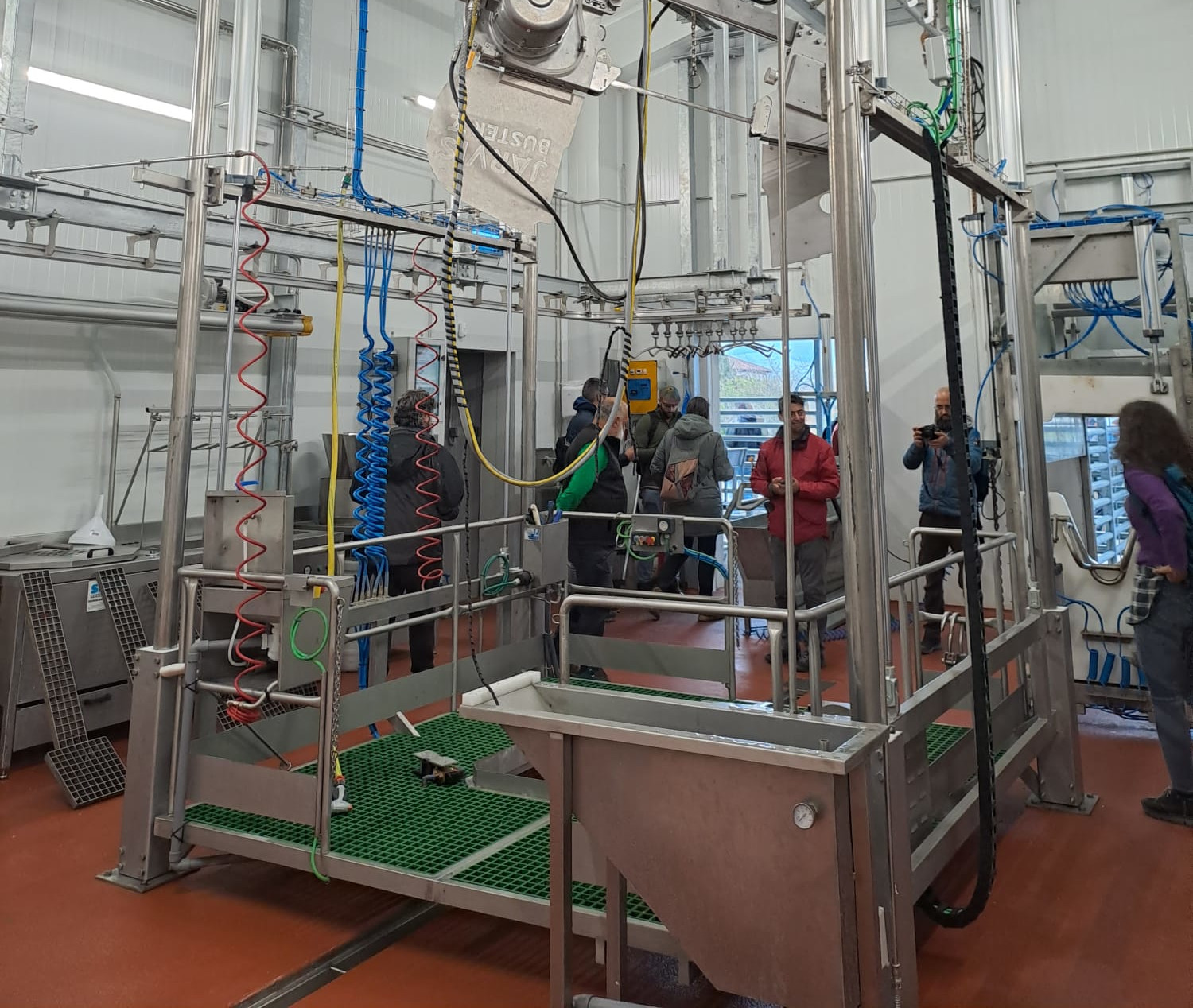
The initiative was launched almost twenty years ago and a veterinarian was hired to carry out a technical-economic analysis from farm to farm. “Very logical conclusions emerged from this study: the need to reduce production costs and increase yields by adding value to products,” he explains. From the outset, it was clear to the proponents that they would be committed to a small and sustainable agricultural model. “The key was how we were going to leap from production to food, how we were going to complete the cycle from raising a cow to having a steak,” he says. At a time when the municipality was immersed in the food strategy of Orduña, and Bedarbide’s work was incorporated into the strategy.
Several models have been known by the project’s promoters over the years in Europe. “We’ve done trainings and had contacts with small slaughterhouses, cutting rooms and meat workers. We’ve been learning from experiences in Italy, Austria and elsewhere.” All in order to gradually design your own model for Orduña. But along the way, they had a major problem in the legal field: At the European level, there was a Health Law Directive for meat processing that gave flexibility to small projects, but in Spain and Hungary this flexibility did not apply. “We created a platform for this decree at the state level, and the decree was finally approved in December 2020,” he says. By then, the project had already been quite elaborated and defined in Orduña.
Slaughterhouse, division room and worker for transformation
In addition to the slaughterhouse, the cutting room and the small worker are also in operation in Belardi, and the next step will be the start-up of the kitchen to make ready food. “The facilities are open by nature, anyone can use them, but the partners have priority and advantages,” he explains. 32 productions from Orduña are members of the association, but the member also says that many ranchers come from abroad: From the coast of Bizkaia, the mountain of Álava...
There are also other peculiarities of Belarus, which does not have a fence, so they must be carried by the cattle ranchers at the time of slaughter. Three employees are currently working on the project.
Duela lau urte abiatu zuten Azpeitian Enkarguk proiektua, Udalaren, Urkome Landa Garapen Elkartearen eta Azpeitiako eta Gipuzkoako merkatari txikien elkarteen artean. “Orain proiektua bigarren fasera eraman dugu, eta Azkoitian sortu dugu antzeko egitasmoa, bere izenarekin:... [+]
Donostiako Amara auzoko Izko ileapaindegi ekologikoak 40 urte bete berri ditu. Familia-enpresa txikia da, eta hasieratik izan zuten sortzaileek ile-apainketan erabiltzen ziren produktuekiko kezka. “Erabiltzaileen azalarentzat oso bortzitzak dira produktu gehienak, baina... [+]
Ubidekoak (Bizkaia) dira Imanol Iturriotz eta Aritz Bengoa gazteak. “Lagunak gara txikitatik, eta beti izan dugu buruan abeltzaintza proiektu bat martxan jartzeko ideia”, azaldu du Iturriotzek. Nekazaritzari lotutako ikasketak izan ez arren, baserri munduarekin eta... [+]
Iruñean bizi ziren Iñaki Zoko Lamarka eta Andoni Arizkuren Eseberri gazteak, baina familiaren herriarekin, Otsagabiarekin, lotura estua zuten biek betidanik. “Lehen, asteburuetan eta udan etortzen ginen eta duela urte batzuk bizitzera etorri ginen”, dio... [+]
Gipuzkoako hamaika txokotatik gerturatutako hamarka lagun elkartu ziren otsailaren 23an Amillubiko lehen auzo(p)lanera. Biolur elkarteak bultzatutako proiektu kolektiboa da Amillubi, agroekologian sakontzeko eta Gipuzkoako etorkizuneko elikadura erronkei heltzeko asmoz Zestoako... [+]
Emakume bakoitzaren errelatotik abiatuta, lurrari eta elikadurari buruzko jakituria kolektibizatu eta sukaldeko iruditegia irauli nahi ditu Ziminttere proiektuak, mahai baten bueltan, sukaldean bertan eta elikagaiak eskutan darabiltzaten bitartean.









